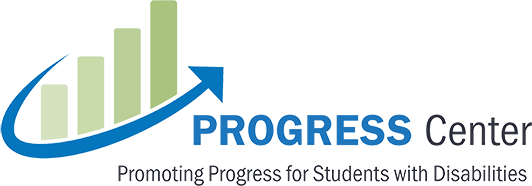This course is part of a series covering the legal foundations of laws supporting students with disabilities. Those who enroll in this interactive course will be able to do the following:
What do you need to know to ensure you can develop and implement high-quality educational programming that ensures students with disabilities have access to a free appropriate public education (FAPE), which allows them to make progress and meet challenging goals, consistent with the U.S. Supreme Court’s decision in Endrew F. v. Douglas County School District (2017)? How can we improve the IEPs we develop? How can we better prepare educators to promote progress for students with disabilities? What resources are available to support you?
Learn about the work of the PROGRESS Center and how the Center is supporting local educators and leaders in developing and implementing high-quality educational programming for students with disabilities. This infographic provides a snapshot of Year 3 (November 2021 – October 2022) activities and demonstrates the impact and reach of the Center’s efforts during that period.
The December 2022 PROGRESS Newsletter was recently released. This newsletter includes webinar recordings and tools to support family and school partnerships, new modules from the PROGRESS Center and more.
